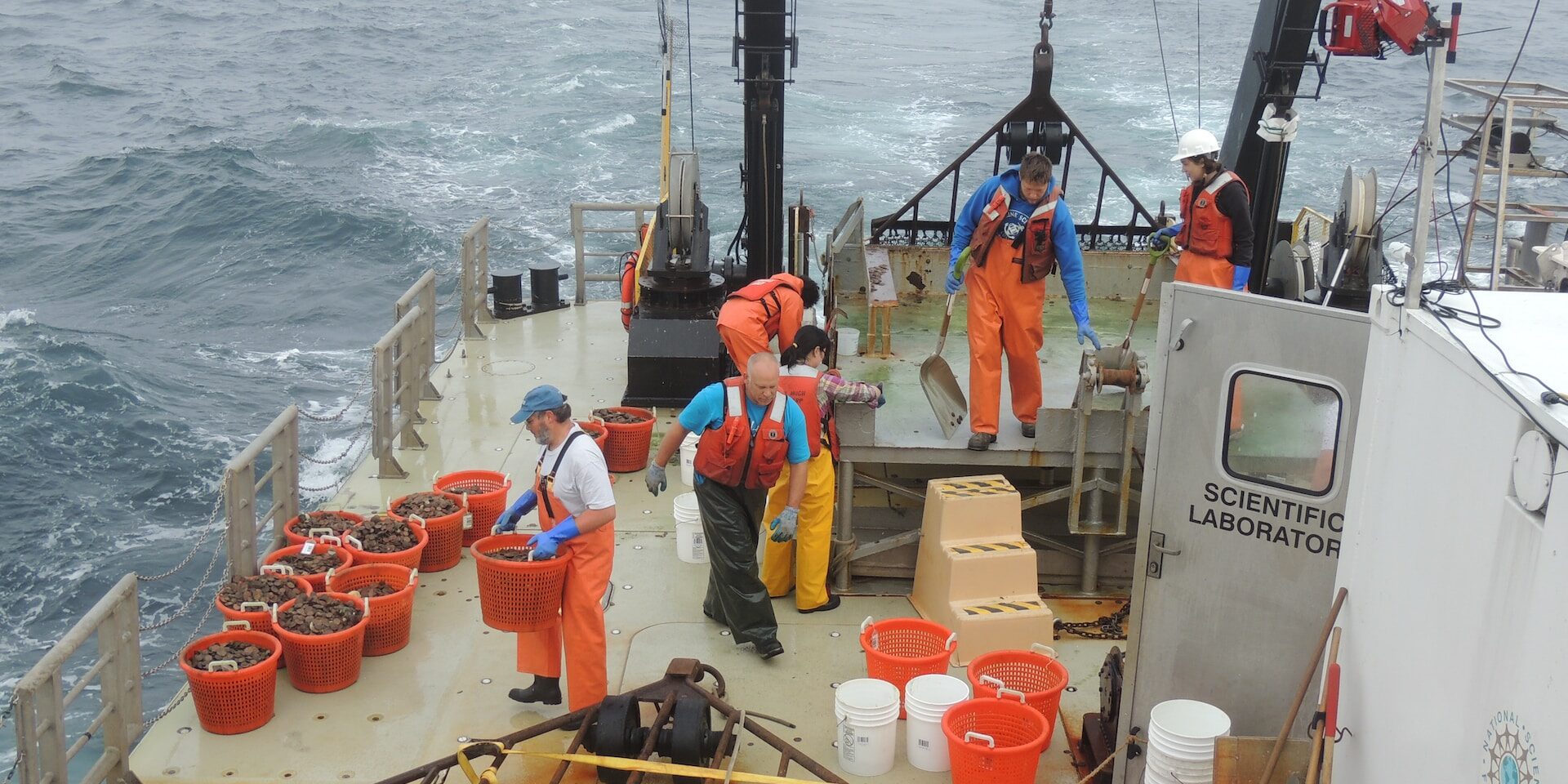International Trade and Sustainable Development Goals
International trade has the potential to contribute to the achievement of the Sustainable Development Goals (SDGs) by fostering economic growth, reducing poverty, driving sustainable industrialization, empowering women, promoting fair labor practices, and supporting environmental conservation. However, it is essential to address challenges and ensure that trade policies and practices align with the SDGs to maximize positive impacts and minimize negative externalities. A comprehensive and inclusive approach involving governments, businesses, civil society, and international organizations is crucial for leveraging the potential of international trade for sustainable development.
One of the key ways international trade can contribute to the SDGs is by fostering economic growth and reducing poverty. By opening up markets and promoting trade liberalization, countries can attract investments, create employment opportunities, and generate income, ultimately lifting people out of poverty. Increased trade can also lead to improved access to essential goods and services, such as food, healthcare, and education, which are essential for achieving SDG targets.
Moreover, international trade can drive sustainable industrialization and innovation, aligning with the SDG goal of promoting inclusive and sustainable economic growth. Trade can facilitate the transfer of technology, knowledge, and expertise between countries, enabling them to develop sustainable industries and adopt cleaner and more efficient production processes. This, in turn, contributes to environmental sustainability and the mitigation of climate change, supporting the SDGs related to climate action and responsible consumption and production.
Trade can also foster social development and gender equality. It can create opportunities for women entrepreneurs and empower them economically, promoting gender equality and women’s empowerment, which are essential SDG goals. Additionally, trade can encourage the adoption of labor standards and responsible business practices, promoting decent work conditions and fair wages, contributing to SDG goals related to decent work and economic growth, and reducing inequalities.
Furthermore, international trade can support the conservation of natural resources and biodiversity. It can incentivize sustainable practices by promoting the trade of sustainably sourced goods and encouraging responsible consumption. By integrating environmental considerations into trade policies and agreements, countries can work towards achieving SDG targets related to sustainable use of resources, responsible consumption, and life on land and below water.
However, it is important to acknowledge that international trade can also pose challenges to sustainable development. Trade imbalances, unequal distribution of benefits, and negative environmental externalities are some of the issues that need to be addressed. It requires a comprehensive and inclusive approach, involving governments, businesses, civil society, and international organizations, to ensure that international trade is conducted in a manner that contributes to sustainable development and the achievement of the SDGs.
International trade has the potential to significantly contribute to the achievement of the Sustainable Development Goals. By promoting economic growth, reducing poverty, driving sustainable industrialization and innovation, empowering women, promoting fair labor practices, and supporting environmental conservation, trade can align with the SDGs and create a pathway towards a more sustainable and equitable world. However, it is crucial to address the challenges and ensure that trade policies and practices are designed to maximize positive impacts and minimize negative externalities.







